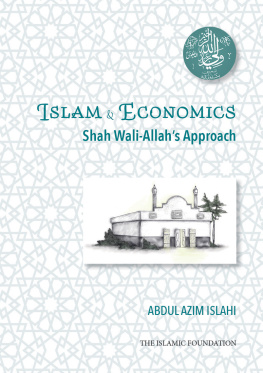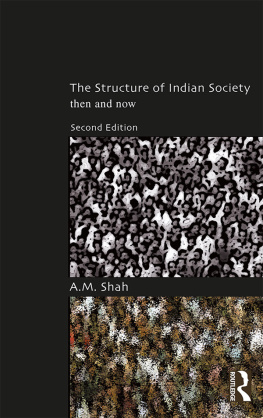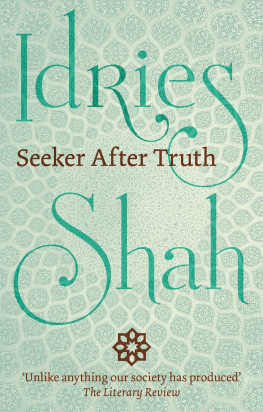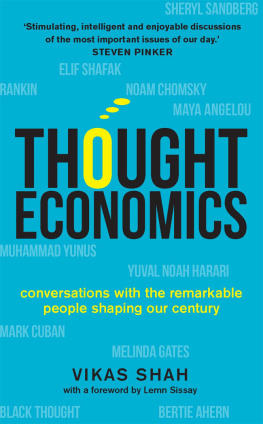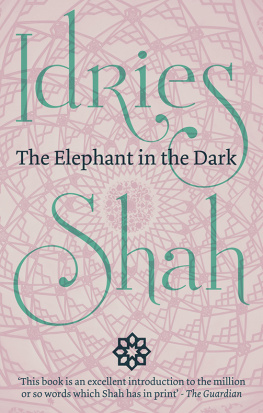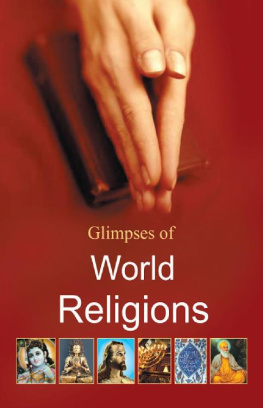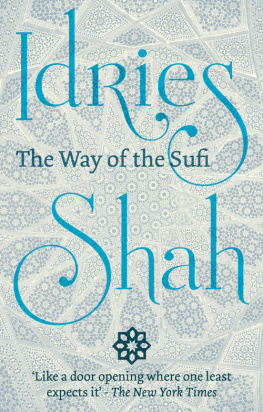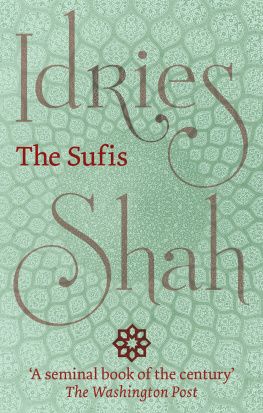Landmarks

ISLAM & ECONOMICS
Shah Wali-Allahs Approach
ABDUL AZIM ISLAHI
THE ISLAMIC FOUNDATION
Islam and Economics: Shah Wali-Allahs Approach
First published in England by
THE ISLAMIC FOUNDATION
Markfield Conference Centre,
Ratby Lane, Markfield, Leicester, LE67 9SY United Kingdom
Tel: +44 (0) 1530 249230
E-mail:
Website: www.islamic-foundation.org.uk
Quran House,
PO Box 30611, Kenya
P.M.B 3193 Kano, Nigeria
Prof. Abdul Azim Islahi 2022 All Rights Reserved
The right of Abdul Azim Islahi to be identified as the author of this work has been asserted by him in accordance with the Copyright, Design and Patent Act 1988.
Cataloguing in-Publication Data is available from the British Library
ISBN Paperback 978-0-86037-851-8
ISBN Ebook 978-0-86037-856-3
Cover Design: Nasir Cadir
Cover Artwork: Urdu calligraphy Wikimedia Commons Yethrosh,
Madrassa illustration: Iman Anwar

Dedication
Dedicated to my parents
My Lord! Have mercy on them both as they did care for me when I was little.(al-Isra 17:24)

Contents

Introduction
Islamic Economics is a nascent, still evolving, social discipline. It is an effort to weave together the Islamic teachings about the principles, values, and institutions of economics, in order to develop a new paradigm of economics, and not merely adding one more wing, sub-set or branch to the contemporary science of economics as development in the West in the post-Adam Smith period till today, as has been the case with respect to welfare economics, behavioral economics, evolutionary economics, home economics, environmental economics etc.
The whole fabric of contemporary economics is built around the concept of separation of science from ethics and religion. As such economics, despite being a social science, was cast into the moulds of a natural science with the result that it not only relied mainly on tools of abstraction and selectivity, but it has also gradually disengaged itself from the society and humanity. Consequently the market occupied the centre space in decision-making. The whole economic paradigm hovered around a unidimensional concept of man, motivated by self-interest and motivated by profit. This has resulted in a diabolic situation as, on the one hand, the West has achieved stupendous development in production and wealth creation, and on the other, has led to the establishment of an economy and society where mal-distribution of wealth and wide-spread economic injustices prevail. They have torn the society into haves and have-nots and consequently engaged peoples, nations, and countries against each other, threatening the very survival of mankind. According to the UN Food Summit (Sept. 23, 2021), 768 million people of the world are facing hunger in 2020, up some 118 million from the previous year. Some 274 million people worldwide need some form of emergency assistance to survive. Today the richest 1 percent of the world has twice as much wealth as 6.9 billion people of the world. In the United States, 3 richest persons have wealth equal to the bottom 160 million people.
America is one of the richest countries of the world. With 5 percent of the world population, it has over 20 percent of the worlds gross production. Yet 20 percent of American families have no assets at all. The situation of the Black American families is worse as 37 percent of them do not have any assets. The difference between the salaries of a middle executive and the top corporate executive in the US was 20 times in 1950s but now it is 400 times.
The Pandemic has further wreaked havoc. Almost 89 million American have lost jobs, over 44.9 million have been sickened by the virus, and over 724,000 have died from it. Yet, American billionaires, particularly those with investment in pharmaceutical industries are greedy beneficiaries; 45 billionaires are reported to have grown $ 2.1 trillion riches during these two years of global disaster. According to Forbes data analysed by Americans for Tax Fairness (AFT), and the Institute for Policy Studies Program on Inequality (IPS), their collective wealth increased by 70 percent; from $ 3 trillion at the start of the COVID virus on March 18, 2020, to over $ 5 trillion by October 15, 2021.
The fact is that today the world economy, as well as the science of economics both are in a state of crisis. Profs Abhijit V. Banerjee and Esther Duflu, have, in their book Good Economies for Hard Times (2019) produced a valuable critique of contemporary economics, differentiating between good economics and bad economics and lamenting the distrust which common people have about economics. They also show how separation between economics and ethics have led to the production of a society that lacks justice and well-being of all its members. This is so because, in the words of the authors, there is plenty of bad economics around. The authors sum up the failure of economics by focusing on the faulty starting point of economics in the West.
Economists have a tendency to adopt a notion of well-being that is often too narrow, some version of income or material consumption. And yet all of us need much more than that to have a fulfilling life: the respect of the community, the comforts of family and friends, dignity, lightness, pleasure. The focus on income alone is not just a convenient shortcut. It is a distorting lens, that often has led the smartest economists down the wrong path, policy makers to the wrong decisions, and all too many of us to the wrong obsessions.
Their critique of modern economics is very succinct.
Bad economics underpinned the grand giveaway to the rich and squeezing of welfare programs, sold the idea that the state is impotent and corrupt and the poor are lazy, and paved the way to the current stalemate of exploding inequality and angry inertia. Blinkered economies told us trade is good for everyone, and faster growth is everywhere. Blind economics missed the explosion in inequality all over the world, the increasing social fragmentations that come with it, and the impending environmental disaster, delaying action, perhaps irrevocably.
Search for good economics is the cry of the hour. Efforts to develop Islamic economics are a positive contribution in that direction. The thoughts of Shah Wali-Allah are a valuable source of light and guidance in this respect.
Shah Wali-Allah of Delhi (1703-1762) was one of the most profound, innovative and outstanding scholars and reformers of Islamic history. The Mughal empire (1526 mid 1857), after a glorious sway, had sunk into the throes of a crisis. Shah Wali-Allah was deeply concerned over the intellectual poverty, sectarian divide, political instability, internal dissentions and external threats to the Muslim empire.
He was not a political activist. He never associated himself with the princely powers. Yet his wide ranging contributions in the expositions and reconstruction of Islamic thought, his unceasing efforts to promote education and social reform and his thoughtful criticism of Muslim political, social and religious leadership played an important role in preserving and promoting Islamic values, thought and culture. He presented Islamic theology, philosophy, history, sufism, jurisprudence and socio-political thought with clarity, comprehension and applicability to his own times. In an era when involvement with fiqh had become so overwhelming that direct access to the original sources and inferences from the Quran and Sunnah had become few and far between, he re-emphasized the need to recourse first and foremost to the Quran and Sunnah, both in intellectual reconstruction and in the promotion of education, life and society. He translated the Quran in Persian to open up the meaning of the Book to the Persian speaking people of his country. He wrote extensively on different aspects of Islamic thought and history and presented Islam as a comprehensive and superior world-view and a complete code of life, providing guidance in matters of faith, character, family, economy, society, law and state, judiciary and national and international affairs. His

